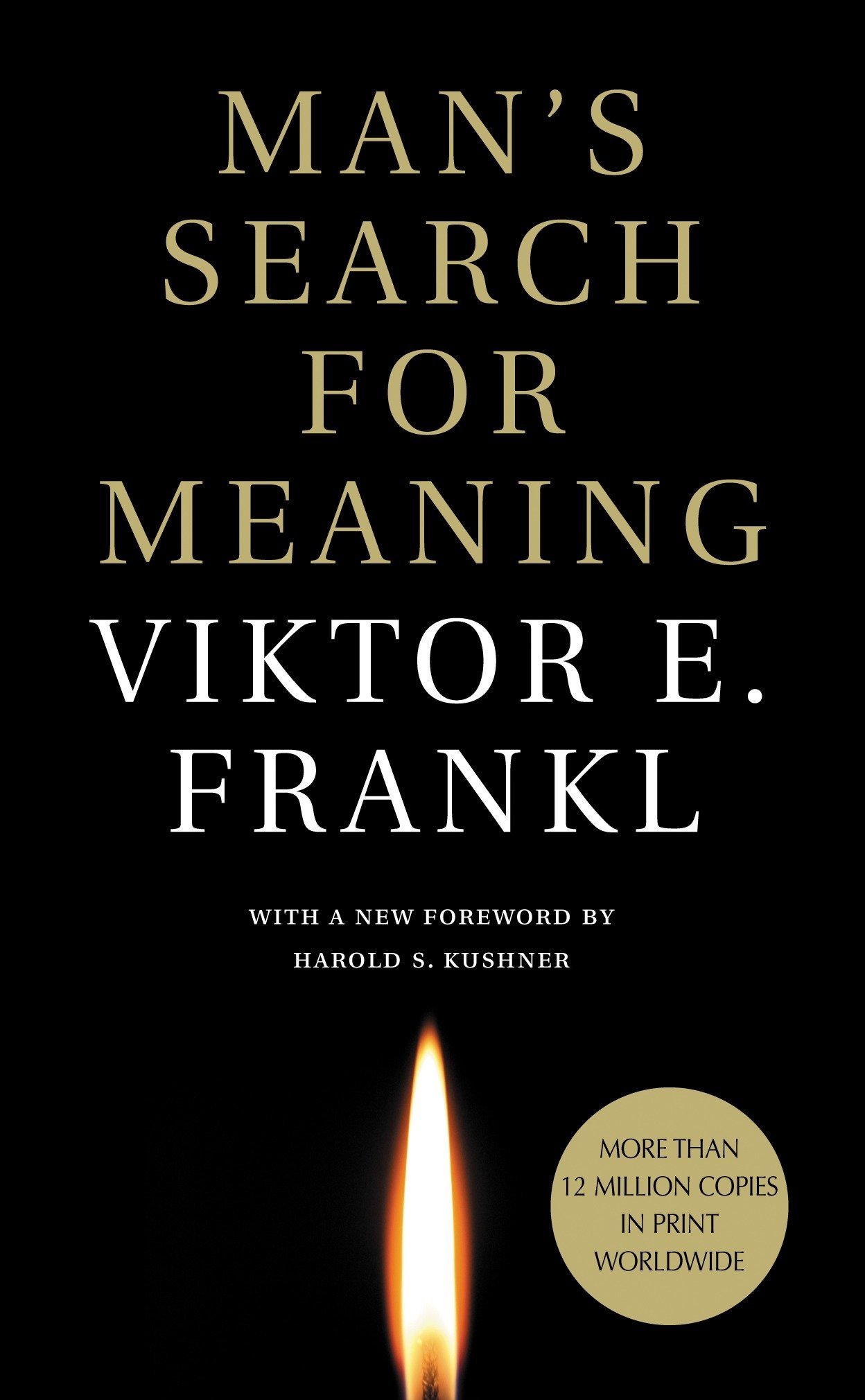1003 Lausanne

Psychothérapeute pour enfants, adolescents et adultes, je suis spécialisée dans les bilans et la prise en charge de la Surdouance et du TDAH
Diplômée de l'Université de Genève, j’exerce depuis plus de 20 ans à Lausanne et ses environs.
Mon parcours professionnel et personnel m’a naturellement conduite à m’intéresser plus spécifiquement aux enfants, aux adolescents et aux adultes concernés par la Surdouance ou Haut Potentiel Intellectuel (HPI), et par le TDAH (Déficit d'Attention avec ou sans Hyperactivité et/ou Impulsivité).
Mon travail, en étroite collaboration avec mes patients, est un travail d’équipe: nous avançons main dans la main.
Votre enfant présente une hypersensibilité, des troubles du comportement ou de l'humeur, il·elle souffre de phobies ou encore d'échec scolaire.
Vous êtes inquiet de ses comportements ou vous avez été alerté par des intervenants extérieurs, vous souhaitez lui donner toutes les chances de surmonter ses difficultés.
Vous êtes un·e adolescent·e en souffrance et vous souhaitez une écoute professionnelle.
Vous êtes parents d'un·e adolescent·e en perte de repères qui présente différents troubles (alimentaires, de l'humeur, scolaires, de dépendances).
Votre aide ne suffit plus, il·elle a besoin d'un soutien neutre et extérieur.
Vous êtes un·e adulte en crise souhaitant faire le point sur votre vie. Un avis extérieur vous semble nécessaire pour mieux vous comprendre.
Vous vivez une période particulièrement douloureuse ou bouleversante (parentalité, séparation, etc). Vous rencontrez des problèmes de couple ou votre famille traverse une crise importante. Vous souffrez de burn-out ou de dépression.
Vous ne voulez plus rester seul·e avec ce problème et vous souhaitez demander de l'aide.
Bibliograhie
Voici une liste des livres que je recommande.
Dans cet ouvrage devenu une référence, Jean-Charles Terrassier explore la réalité complexe des enfants surdoués, trop souvent incompris ou mal accompagnés. Il y aborde les spécificités de leur développement intellectuel, émotionnel et social, tout en dénonçant les freins institutionnels à leur épanouissement. Avec clarté et engagement, l’auteur milite pour une meilleure reconnaissance de la "précocité intellectuelle" et propose des pistes concrètes pour soutenir ces enfants atypiques.
Ce guide essentiel, écrit par Jean-Charles Terrassier, spécialiste de la douance, offre des repères clairs pour identifier, comprendre et accompagner les enfants à haut potentiel intellectuel. À travers des conseils concrets, il aborde les défis scolaires, émotionnels et sociaux que rencontrent ces enfants, tout en proposant des solutions adaptées aux parents et aux professionnels. Un ouvrage de référence pour aider chaque enfant surdoué à s’épanouir pleinement.

Viktor E. Frankl, Harold S. Kushner (Foreword), William J. Winslade (Afterword), Isle Lasch (Translator)
Psychiatrist Viktor Frankl's memoir has riveted generations of readers with its descriptions of life in Nazi death camps and its lessons for spiritual survival. Based on his own experience and the stories of his patients, Frankl argues that we cannot avoid suffering but we can choose how to cope with it, find meaning in it, and move forward with renewed purpose. At the heart of his theory, known as logotherapy, is a conviction that the primary human drive is not pleasure but the pursuit of what we find meaningful. Man's Search for Meaning has become one of the most influential books in America; it continues to inspire us all to find significance in the very act of living.